When considering dental implants, it’s vital to understand the process for dental implants. This knowledge not only alleviates anxiety but also empowers patients to make informed decisions about their oral health. Today, we’ll delve into the intricacies of the process for dental implants, covering everything from initial consultation to the final placement of prosthetic teeth.
What Is the Process for Dental Implants?
To answer the question directly, “What is the process for dental implants?” involves several phases that can significantly improve a person’s quality of life if they have lost teeth. Dental implants serve as permanent solutions for missing teeth, whether it be a single tooth or full mouth dental implants.
The primary stages in the dental implant process can be broken down as follows:
- Consultation and Examination: This initial phase sets the tone for the entire process, allowing dentists to assess the patient’s oral health and create a personalized treatment plan.
- Surgical Procedures: This involves various steps such as tooth extraction, installation of implants, and in some cases, bone grafting.
- Healing Process and Restorative Procedures: The final phase includes the abutment placement and crown or denture attachment.
The difference between single tooth implants vs. full mouth dental implants lies in the complexity and number of implants required. While a single tooth implant focuses on a solitary unit, full mouth implants may consist of multiple implants or specialized techniques like All on 4 or All on 6, which support an entire arch of teeth with fewer implants.
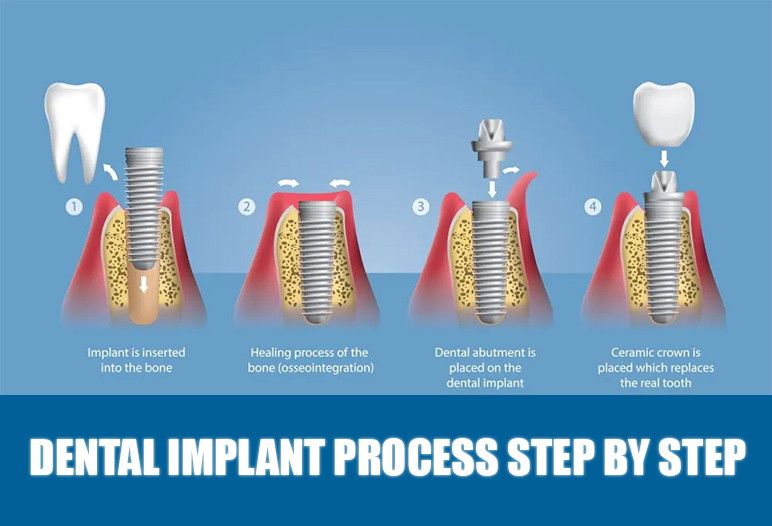
Benefits of Understanding the Process
Understanding the comprehensive stages of the process for dental implants allows potential candidates to apprehend what they can expect throughout their journey. The more informed patients are, the less anxiety they may face concerning pre-operative and post-operative protocols.
Moreover, patients can prepare questions for their dental provider, ensuring an engaging discussion about the healing process for dental implants, potential costs, and timelines involved, thus giving them a clearer picture of what lies ahead.
Step-by-Step Breakdown of the Tooth Implant Process
The tooth implant process is meticulously structured, encompassing numerous key steps that must be carefully orchestrated for optimal results.
Consultation and Examination
The first step in the implants process is a thorough consultation, which includes a dental examination, digital X-rays, and possibly 3D scans of your mouth. This stage is critical for several reasons:
- Initial Assessment: A dentist will evaluate your dental health, looking for gum diseases or decay, which may affect the outcome of the implant process.
- Personalized Treatment Planning: Every patient is unique; thus, a personalized approach is necessary. Your dentist will discuss your medical history and may even collaborate with specialists to optimize treatment.
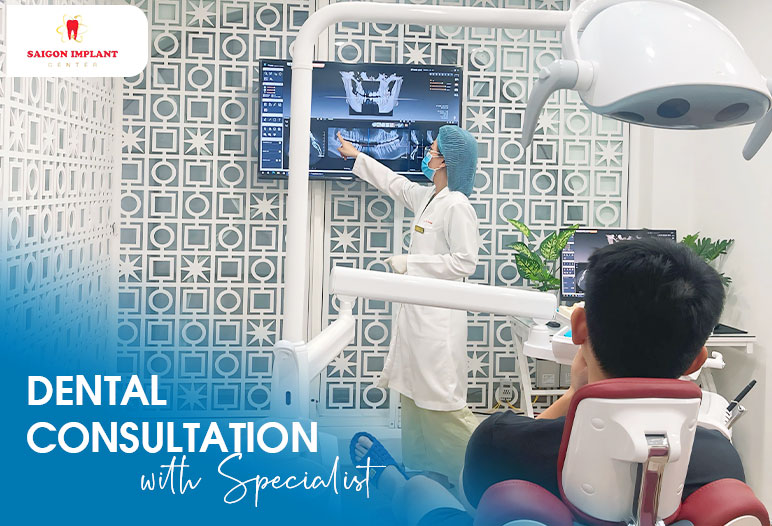
This is also a great opportunity to ask about different methods of implant surgery, such as the All on 4 or All on 6 techniques, which allow for full-arch restorations using fewer implants. Such options are particularly appealing for those seeking full mouth dental implants.
Tooth Extraction (if needed)
In cases where teeth are decayed or damaged beyond recovery, extraction becomes necessary before placing an implant.
- Reasons for Extraction: Teeth may need to be removed because of severe gum disease, extensive decay, or prior trauma.
- Timing: Extracting a tooth often occurs in the same appointment as the implant placement, depending on the condition of the surrounding bone and gum tissue.
Ensuring that the extraction process is handled carefully can facilitate smoother transitions into subsequent stages. After extraction, the dentist may utilize grafting methods to enhance bone density or volume, which is crucial for implant stability.
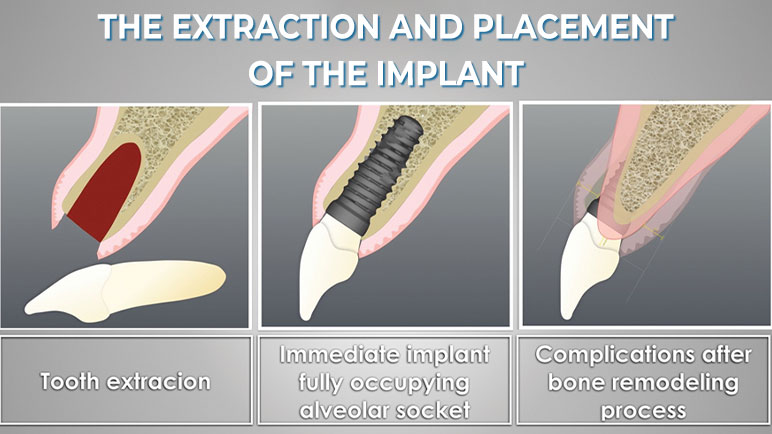
Bone Grafting (if required)
Bone grafting is an essential aspect of the implant process for individuals who have experienced significant bone loss in the jaw.
- Why It’s Necessary: For optimal implant placement, sufficient bone density is required to support the titanium post of the implant. Bone loss can occur due to prolonged tooth loss, gum disease, or other medical conditions.
- Grafting Procedure: This involves transplanting bone material to the jaw. Grafts can be sourced from the patient (autografts) or synthetic materials. Once the graft is placed, a healing period is required before moving on with implant placement.
This bridging step ensures that the area is adequately prepared for the dental implant, significantly increasing the likelihood of success.
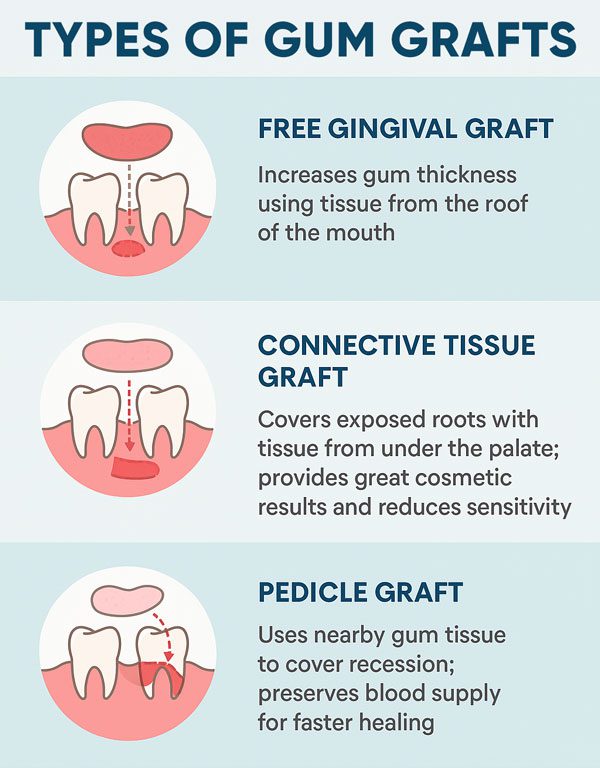
Implant Placement Surgery
Once the groundwork has been laid, the next step involves the surgical placement of the dental implant.
- Procedure Details: The dentist will drill a precise hole into the jawbone and position the titanium implant post. This post serves as the artificial tooth root.
- Sedation and Anesthesia Options: Comfort is paramount during the procedure; thus, options like local anesthesia, sedation, or even general anesthesia may be offered to minimize discomfort.
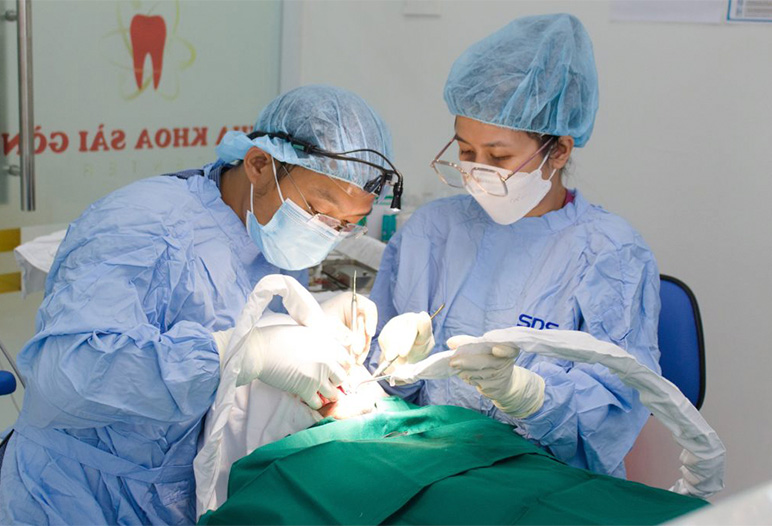
The placement procedure typically lasts from one to two hours per implant and is generally well-tolerated by patients. After the implants are placed, the healing and osseointegration period begins.
Healing and Osseointegration Period
The healing process for dental implants is crucial for success and durability. During this time, the bone will fuse with the implant through a process called osseointegration.
- Duration: This stabilization process generally takes several weeks to months, depending on individual health factors and bone quality.
- What to Expect: Patients may experience slight swelling and discomfort, which can be managed through prescribed medications, primarily during the first few days.
Understanding the phases of osseointegration helps patients appreciate the importance of following post-operative care instructions, thereby enhancing healing mechanisms.
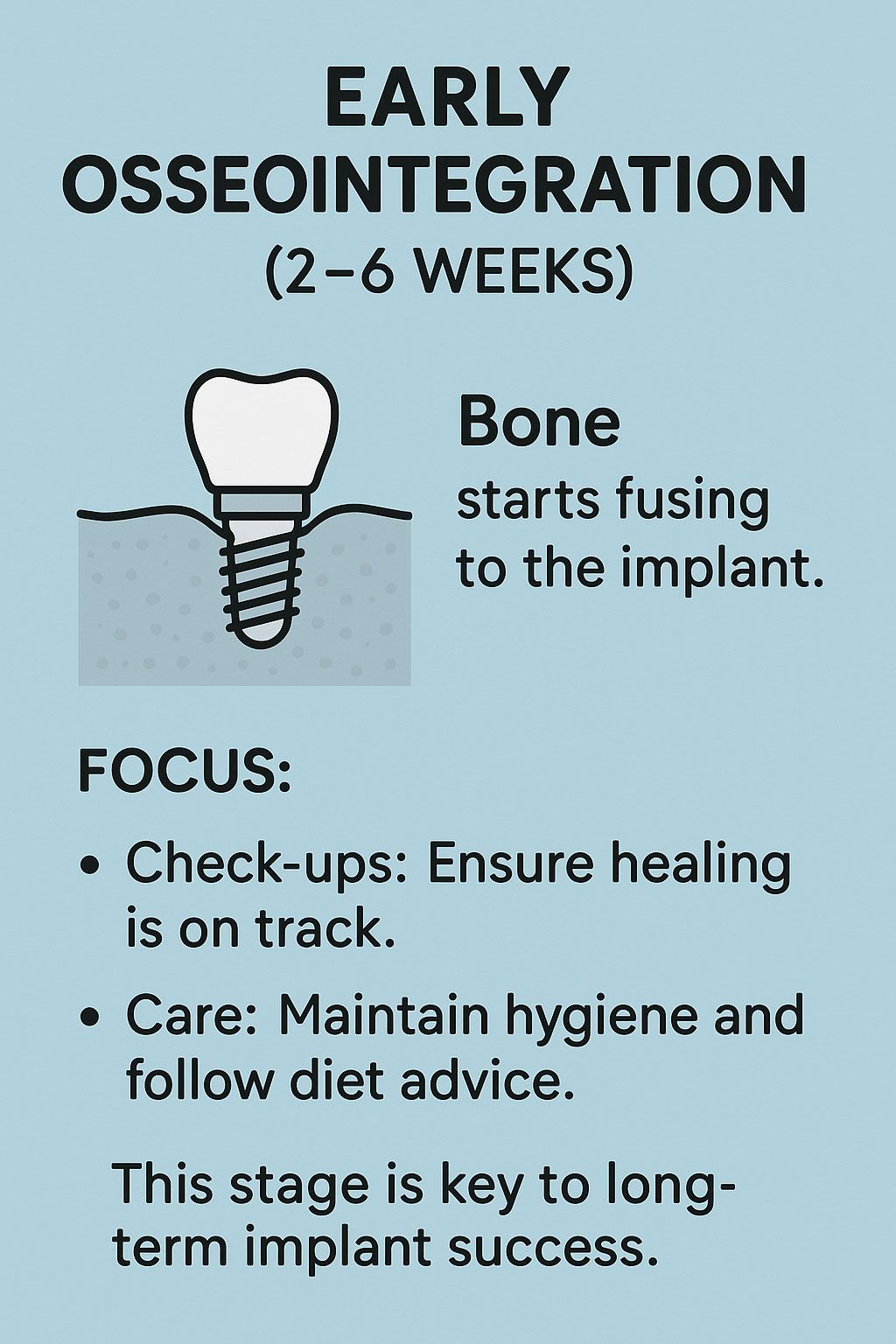
Abutment Placement
Once osseointegration is complete, the dentist will schedule an appointment to place the abutment.
- The Connector Post: The abutment serves as a connector between the implant and the final crown, ensuring that the restoration functions correctly and looks natural.
- Procedure: The procedure involves reopening the gum to expose the implant and attaching the abutment.
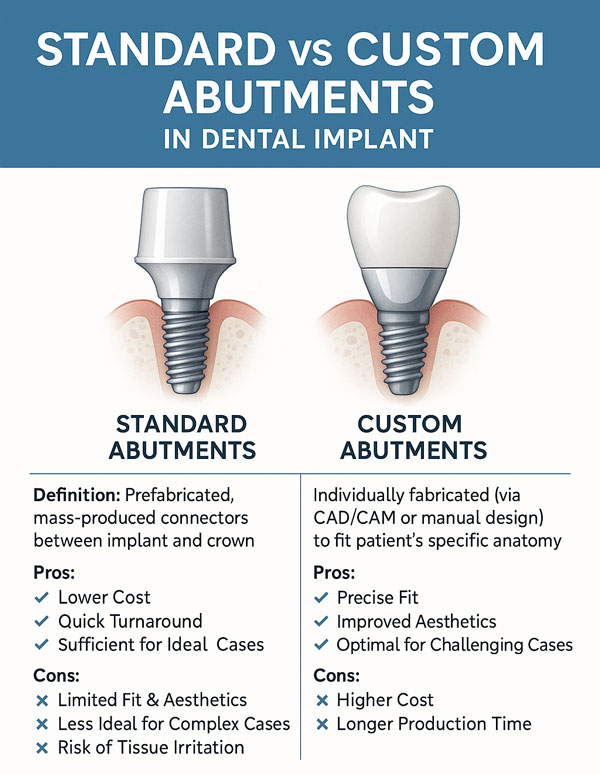
It’s essential to maintain communication with your dentist during this phase, as they will provide valuable feedback on the healing process and any adjustments needed.
Crown or Denture Placement
The concluding step in the tooth implant process is the placement of the final restoration, whether that’s a crown, bridge, or denture.
- Creating and Attaching the Restoration: Custom-made to match the color and shape of your existing teeth, the crown is attached to the abutment, offering both functionality and aesthetic appeal.
- Full Mouth Dental Implants: For those opting for multiple implants, methods such as All on 4 or All on 6 can be employed. These techniques allow patients to have an entire arch supported by just a few strategically placed implants.
This final phase is incredibly rewarding as patients witness their smile transform, offering renewed self-confidence and improved functionality.
Recovery and Aftercare
After the completion of the implants process, patients must pay careful attention to recovery and aftercare to ensure long-term success.
Pain Management, Swelling, and Diet Guidelines
Understanding how to manage discomfort and dietary needs post-surgery is pivotal:
- Pain Management: After the procedure, using over-the-counter medications or prescribed pain relief will help ease discomfort. Ice packs can also be useful for swelling.
- Swelling: A degree of swelling can be expected post-surgery; following the dentist’s recommendations can help mitigate this.
- Diet Guidelines: Eat soft foods for the initial recovery period. Foods such as smoothies, mashed potatoes, and applesauce can help ease the transition.
Paying attention to these advisories will facilitate a smoother recovery journey.
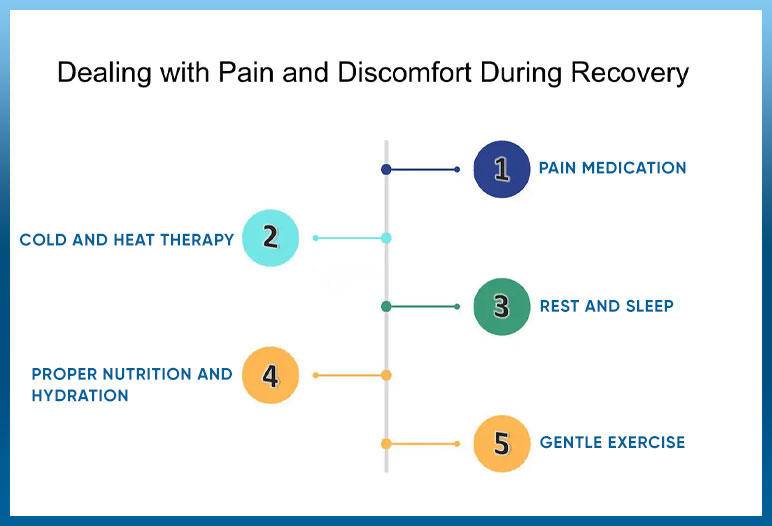
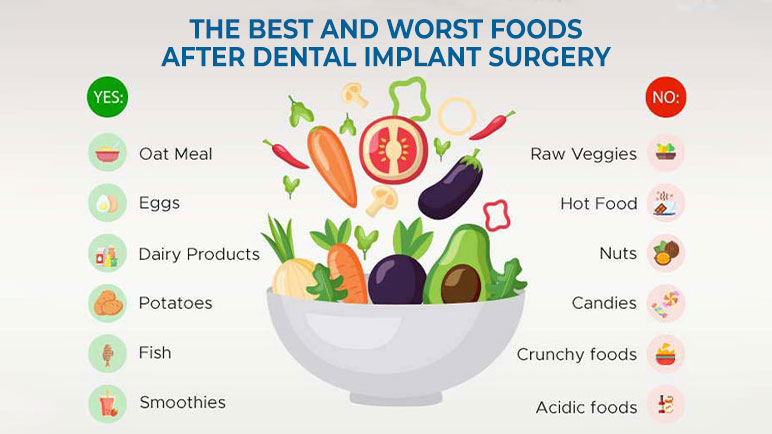
Tips for Caring for the Implant Site
The success of implants greatly depends on how well they are cared for post-surgery:
- Oral Hygiene: Maintaining written guidance on oral hygiene can go a long way. Use a soft brush, floss, and mouthwash to keep the area clean.
- Follow-Up Visits: Regular check-ups with your dentist will ensure any issues are caught early and your implants remain successful.
Your commitment to aftercare will directly impact the overall health and longevity of your dental implants.
Timeline and Cost Considerations
Understanding the timeline and costs associated with the process for dental implants can help patients plan appropriately.
Typical Timeline
The entire process usually spans from 3 to 9 months, depending on individual factors such as:
- Healing Rate: Each patient’s healing rate varies significantly, impacting how quickly subsequent stages can be completed.
- Complexity of the Case: More extensive work, such as bone grafting, can extend the timeline, as additional healing time will be required.
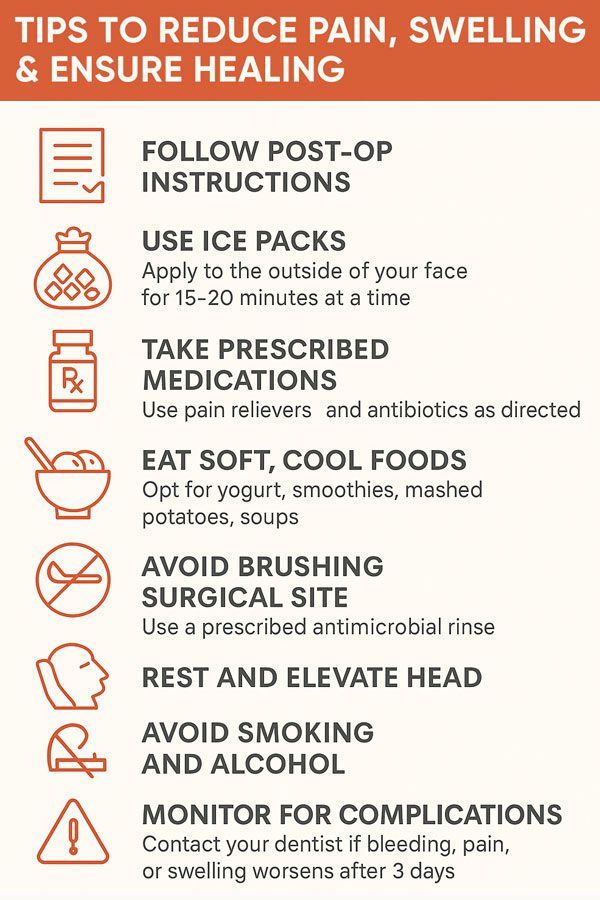
Cost Considerations
Cost can vary widely based on location, the complexity of the procedure, and specific patient needs:
- Single Tooth Implants: Generally range from $3,000 to $4,500.
- Full Mouth Dental Implants: Costs can soar upwards of $30,000, especially for comprehensive procedures like All on 4.
Many dental insurance plans either partially cover or provide help with implant procedures, so patients should consult their providers for specific details.
Who Is a Good Candidate?
Identifying the right candidates for dental implants is essential for effective treatment outcomes.
Ideal Patient Profile
Not everyone is a suitable candidate for dental implants; however, the following factors can influence eligibility:
- Overall Health: A good overall health condition is crucial for surgery and recovery.
- Bone Density: Sufficient jawbone density is necessary for anchoring the implants successfully.
Medical or Dental Conditions That May Delay the Process
Some complications may disqualify certain individuals from receiving implants:
- Untreated Gum Disease: Patients with gum disease must prioritize treatment before considering implants.
- Chronic Illnesses: Conditions such as uncontrolled diabetes or autoimmune diseases can complicate the healing process, possibly deterring immediate implant placement.
Dental professionals will assess how these factors can play a significant role in a patient’s journey to dental implants.
Conclusion
In summary, the process for dental implants is structured and multi-faceted, encompassing various stages and requiring careful planning and execution. From initial consultation to post-operative care, every phase matters to ensure success. Ultimately, dental implants offer an opportunity for transformative change, providing enhanced functionality and improved aesthetics. Consulting a dental professional is the best way to determine if you are a suitable candidate for dental implants, paving the way for an informed and enriching journey toward a healthier smile.
For those considering implants, services like All on 4 can offer remarkable solutions, allowing a full arch of prosthetic teeth to be supported by just four implants, giving a rewarding alternative to traditional dentures. With the right guidance and a competent team, the transformation can truly be life-changing.
Learn more by visiting Saigon Implant for fitting solutions catered to your individual needs.

 Google Reviews
Google Reviews Call
Call